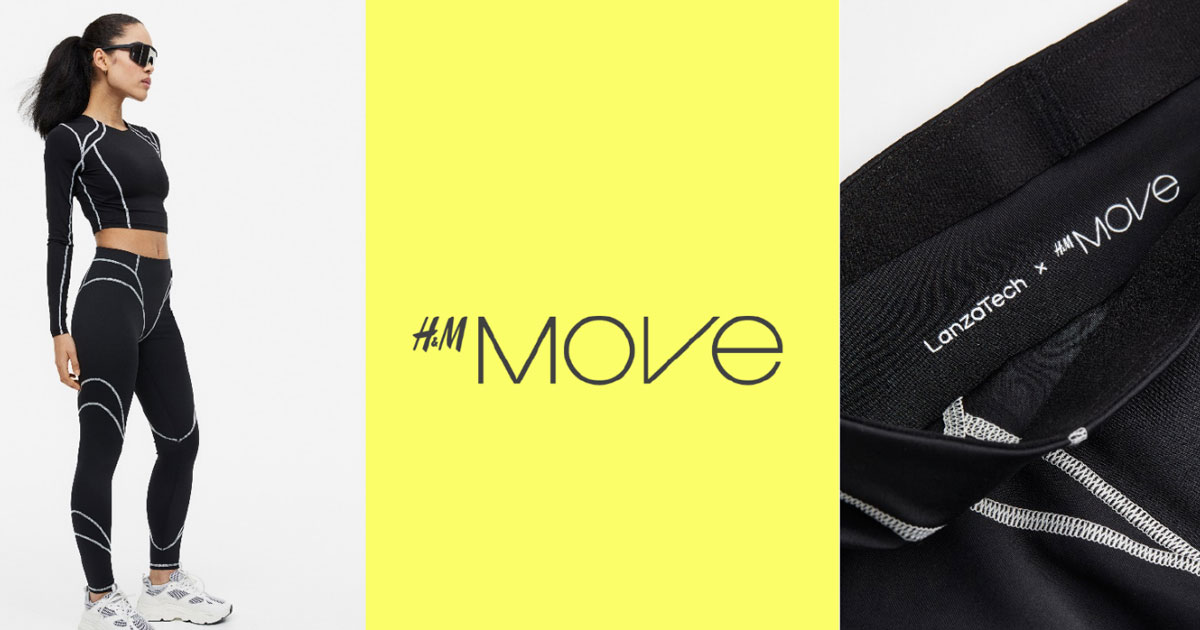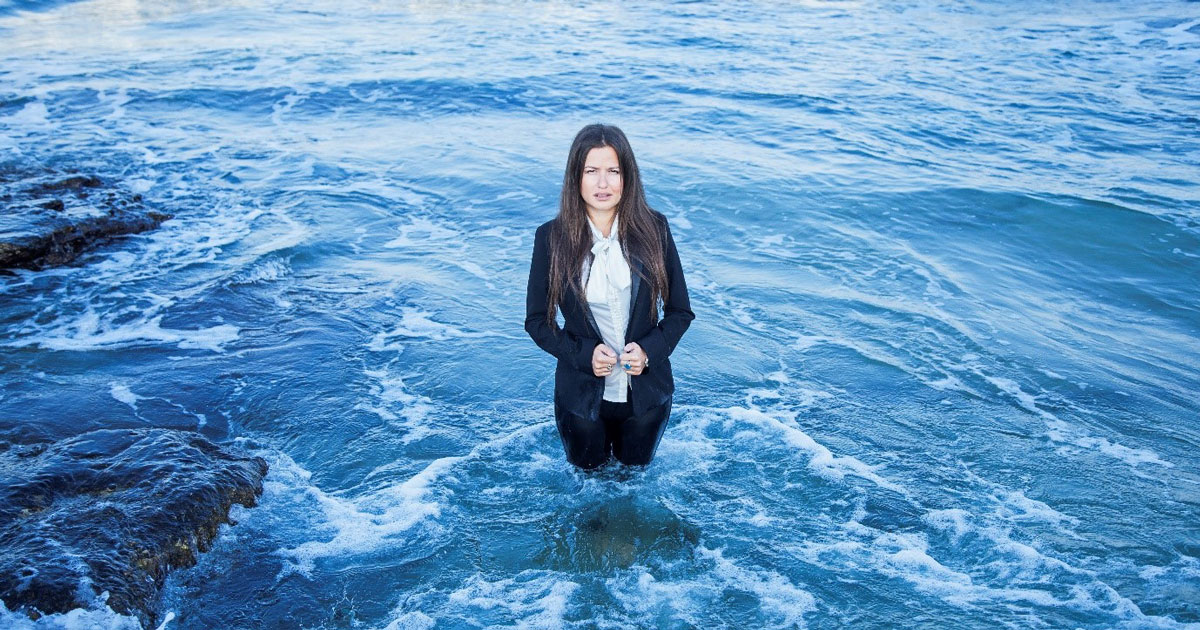By Catherine Jewell, Information and Digital Outreach Division, WIPO
Aisha Bowe is not only a rocket scientist, she’s a seasoned entrepreneur at the helm of two successful businesses, STEMBoard, among the fastest growing companies in America, and LINGO, an educational tech company. Bowe is also about to make space history as the first black woman confirmed to travel to space with Blue Origin aboard the New Shepard launch vehicle. Bowe is also a passionate advocate for women and girls in science, technology, engineering and mathematics (STEM) and is on a mission to inspire them to pursue their dreams and reach for the stars.
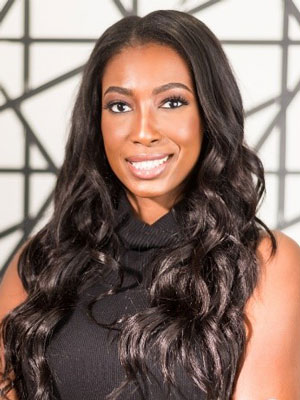
entrepreneur at the helm of two successful
businesses. (Photo: Courtesy of STEMBoard)
What does it mean for you to be part of the upcoming Blue Origin mission?
I feel excited, honored and thrilled to be able to play a role in space history. Companies like Blue Origin are creating wonderful opportunities for citizen astronauts. I feel truly privileged to have the opportunity to reach the boundary of Earth from space. It’s going to be momentous.
Don't put limits on what you think you can achieve! When you accomplish something, set goals to go even further.
How will this mission support your STEM advocacy work?
I’m on a mission to inspire women and girls globally to reach for the stars and become their best selves. I am doing all that I can to capture their imaginations and to make space exciting and real for as many people as possible. For this mission, I’ll be working with partners around the world to make this happen. For example, I plan to carry with me various items belonging to people in different countries, so they too own something that has flown to space. The mission will be an opportunity to shine a spotlight on women and girls in STEM and to create opportunities for people to engage with me on this important topic.
What prompted you to pursue a career in space?
As a high school student, I was a little lost. I didn’t know what I wanted to do as an adult. I remember thinking I just needed to get a job that paid enough for me to be able leave home and support myself. In my first semester at Community College, I took an intro to business class, but my grades were low ─ I thought my life was over. However, my father convinced me to take a pre-algebra class. I got an A and fell in love with mathematics. That was when I realized that I was holding on to a whole range of limiting beliefs that I had to set aside. When I did, I performed well in my studies, and that was life changing. It made me rethink what I thought was possible of me. As soon as I allowed myself to believe that I could graduate from the University of Michigan, one of the best aerospace schools in the country, it happened! I then spent six years as a rocket scientist at NASA. I had to combat impostor syndrome the whole way, but I did it. I then went on to set up two thriving companies, and now I'm on a mission to help others challenge their limiting beliefs and to pursue their dreams.
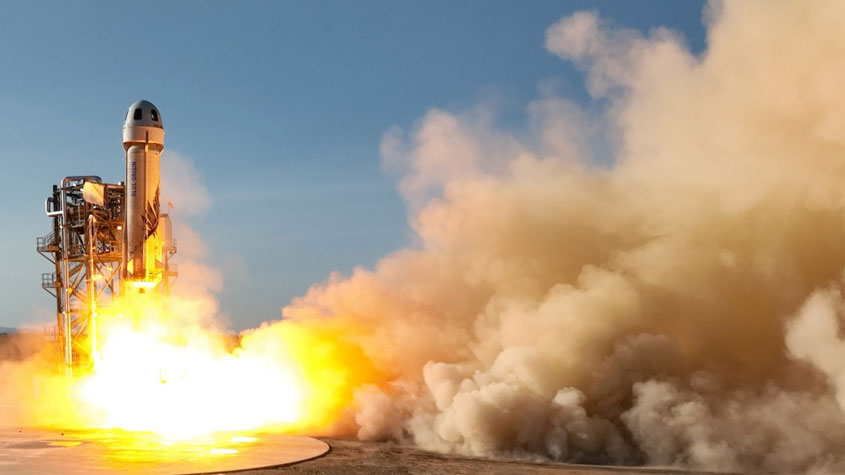
What is it about space that captures your imagination?
The unknown. The more we explore space, the more we realize how little we know about our universe. Now we are finding pockets of water in so many new places that we may be able to explore, or that may have other life forms that can inform how it is that we live here on Earth. Many exciting space ventures, including the Kepler mission and the James Webb telescope, are helping us to understand our universe better.
The benefits of space exploration to life on Earth are amazing. Everything from understanding how to grow food in inhospitable environments to memory foam mattresses, to global positioning systems and real-time data to help monitor climate change. These all derive in some way from space and space exploration. It's incredible to think that in my lifetime a helicopter has flown on Mars. Today, there’s so much going on in the space field and I am excited to be a small part of it.
Many exciting space ventures, including the Kepler mission and the James Webb telescope, are helping us to understand our universe better.
Who were your role models at NASA?
Growing up, I didn’t have a role model. I decided to become the role model that I wished for and took bits and pieces from different individuals to inform who I wanted to be. That required me to round out my experience. In addition to my interest in working at NASA, I'm also an entrepreneur and travel the world with my STEM advocacy work.
I've been very public about this because it's very difficult to emulate success that you cannot define. As a young person, having somebody whose journey you can access and that resonates with you is really important. Whether we realize it or not, we're all role models, and today, social media allows us to share our career experiences and for others to be inspired by them. I encourage everyone, especially women, to share their career experiences on social media and to feel more comfortable being public about who they are, and what they’ve accomplished. I guarantee somebody is looking to you for inspiration and direction.

Did others help you on your journey?
Fortunately, I have met leaders who understood that sometimes moving forward is giving back. These remarkable individuals took the time to support me in so many ways. I see mentors like my personal board of advisors. They represent different reflections of me across different demographics and age groups. Creating valuable mentoring relationships and cultivating them throughout your career is very important.
What prompted you to become an entrepreneur?
I learned and grew a lot at NASA. However, I quickly understood that to have the impact I wanted, I needed to create my own company. My friends couldn’t understand why I left NASA, but I knew that I had more in me. I wanted people to see that you can have a space career, be an entrepreneur, and travel the world as a STEM advocate. When I started the company, I had no money and few contacts, but I found a mentor and leveraged my skills to create revenue to bootstrap what is now among the fastest growing companies in America. That takes passion and purpose. I could not have done that, if I had agreed to stay at NASA.
Tell us about your companies and the opportunities you are creating for others?
I have an engineering company called STEMBoard, which provides professional advisory services for elite government organizations. It allows me to stay firmly rooted in the field of space while also consulting for enterprise-level clients. With STEMBoard, I wanted to create a company with a revenue stream that would allow me to make year-over-year investments in important, yet underfunded, areas.
Video: Aisha Bowe | What is STEMBoard?
In our first year as a company, my employees and I each committed to dedicating a portion of our work to fund education and outreach initiatives. To date, we’ve invested around USD 1 million in such outreach, developing STEM curricula for many national nonprofits, including organizations like INROADS®. In our first year, we provided our coding kits to over 5,000 homes, and have since become the coding kit-of-choice for school districts and many large brands, like Microsoft and Siemens. This venture was so successful that we spun it out to create my second enterprise, LINGO, which specializes in educational tech.
What prompted you to adopt this approach?
Given the opportunity to explore different career options, many people may have chosen a different path. These coding kits, which are now available in 10 countries, give students access to engineering concepts that help them decide on the career they want. The kits have been developed in line with national learning standards and can be used in schools and at home.
STEM is a democratizer. It allows for greater collaboration, creativity, innovation and participation by offering people access to the skills they need to take advantage of future employment opportunities.
What drew you to STEM advocacy?
STEM is a democratizer. It allows for greater collaboration, creativity, innovation and participation by offering people access to the skills they need to take advantage of future employment opportunities. I often think about how close I came to missing out on this life that I truly love and working on meaningful projects that are changing history. Very few women and people of color have access to a blueprint of how to build a successful business. That’s why I share the lessons I've learned as widely as possible and mentor businesses both formally and informally to help them achieve success.
What role does IP play in your businesses?
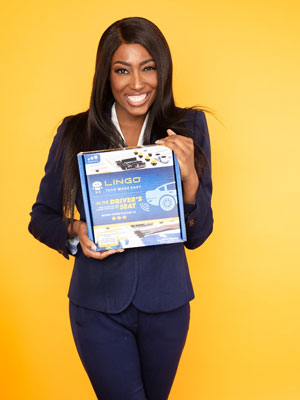
in educational tech. LINGO’s coding kits, which are
now available in 10 countries, give students access
to engineering concepts that help them make their
career choice. (Photo: Courtesy of LINGO)
From the outset, I understood the need to protect my company logo and brand with a trademark before going to market. We have expanded to include copyright protection for our course content and teaching materials. Having an effective IP strategy in place is key to maintaining our competitive advantage.
Having an effective IP strategy in place is key to maintaining our competitive advantage.
Why should small businesses focus on IP?
IP rights help small businesses protect their brand. With an IP strategy, they can prevent competitors from poaching or encroaching on their business. An IP strategy helps increase an organization's ability to protect innovative and creative assets and strengthen their market position, and may open doors to investment opportunities. Any IP investment made, whether in relation to trademarks, copyright, design rights, patents or trade secrets, will pay dividends.
What key lessons have you learned on your entrepreneurial journey?
Lesson one, is challenge yourself. Lesson two, is seek advice, and if you don’t know something, calmly and confidently ask someone to educate you. When I started my IP journey, frankly, I was intimidated. But I found an amazing law firm who shared the knowledge I needed to grow my business and protect our investment.
What does diversity and inclusion mean to you?
Only when diverse voices are involved in the innovation and/or design process, do you develop a product that is the best for all, as opposed to best for some. Diversity and inclusion is more than gender, ethnicity or nationality. To me, it is the idea of a global community that has the ability to meet its needs and for that, we must have equity at the decision-making table. Diversity is also about bringing new eyes to an old problem and allowing people who may not be considered qualified to weigh in on a project. I'm always amazed by the valuable insights that come from new eyes.
Only when diverse voices are involved in the innovation and/or design process, do you develop a product that is the best for all, as opposed to best for some.
What is your message to women and girls on this World Intellectual Property Day?
Don't put limits on what you think you can achieve! When you accomplish something, set goals to go even further. Learn more about IP, and how you can use it to build your business. IP is the fence that keeps companies safe. If you want to build a market-leading company, you need an IP strategy that protects your brand and assets.
If you want to build a market-leading company, you need an IP strategy that protects your brand and assets.
What would you like your legacy to be?
I want to challenge people to become their best selves. I want them to draw inspiration from my story and to believe that they too can live their dreams.
And what's next for you?
I will continue expanding my companies globally by working with partners to find ways to mentor and educate the workforce of the future. I’m also working on a book and on setting up endowments for underprivileged students to be able to study engineering at no cost.
